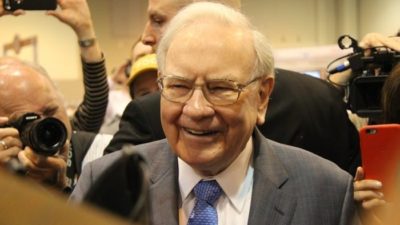Both Transurban Group (ASX: TCL) and BHP Group Ltd (ASX: BHP) shares are intriguing potential investments right now. They both face challenges and have seen their share prices decline.
BHP is a huge, global miner with a presence in commodities like iron ore, copper, potash and coal. The BHP share price is down 15% this year.
Transurban is the largest toll road operator in Australia, with roads in Victoria, NSW and Queensland. Transurban also has a presence in North America. The Transurban share price is down 6% this year.
Both of them have important assets that ASX investors value for many billions.
If I had to choose between them today, there are three things I'd compare them on.
Market position
Transurban owns important roads in Sydney, Brisbane and Melbourne, which help travellers get to where they want to go as quickly and safely as possible. It provides a useful service to society.
Once a road has been built, I'd imagine the state government isn't going to want another road built close to one of Transurban's. The government focus will be on different parts of the city or state.
I think Transurban has a strong market position, and this allows it to make good earnings, with tolls increasing at a rate of inflation.
BHP has complete or partial control over impressive commodity deposits and mines. However, it's selling the same resources as its competitors, such as Rio Tinto Ltd (ASX: RIO) and Fortescue Ltd (ASX: FMG), so BHP is at the mercy of supply and demand.
Predictable earnings
BHP's earnings depend on resource prices. It's notoriously difficult to predict commodity prices. Iron ore is largely linked to Chinese buying, which has been volatile over the past five years.
I think it can be great to buy BHP shares when Chinese iron demand is weak (and prices are low), and potentially sell when the resource price is high.
I believe BHP's earnings will be more exposed to copper in the coming years as its number of copper projects increases. BHP's iron ore earnings could be challenged in the coming years as more iron ore supply comes online in regions like Africa, such as the huge Simandou project.
Transurban's operating earnings are very predictable because they are based on traffic volume and increasing toll prices. In the recent FY25 first quarter update, it said total average daily traffic increased by 1.1% year over year, with 1.9% growth in Sydney and 6.5% growth in North America.
Passive income
The passive income paid by both of these businesses largely tracks the direction of their operating earnings.
In FY25, Transurban is guiding that its distribution per security will grow by approximately 5% to 65 cents despite the headwind of high interest rates. That translates into a projected distribution yield of around 5%. Transurban grew its distribution every year between 2009 and 2019, with COVID halting the growth in 2020. Its distribution has grown each year since 2020.
BHP's dividend has bounced around, but it's expected to be lower in the next few years than in the last few years. UBS thinks the BHP dividend per share could fall to US$1.10 per share in FY27 and US$1.04 per share in FY28.
Based on the steady earnings growth and predictable payout, I think I'd choose Transurban shares over BHP shares.









